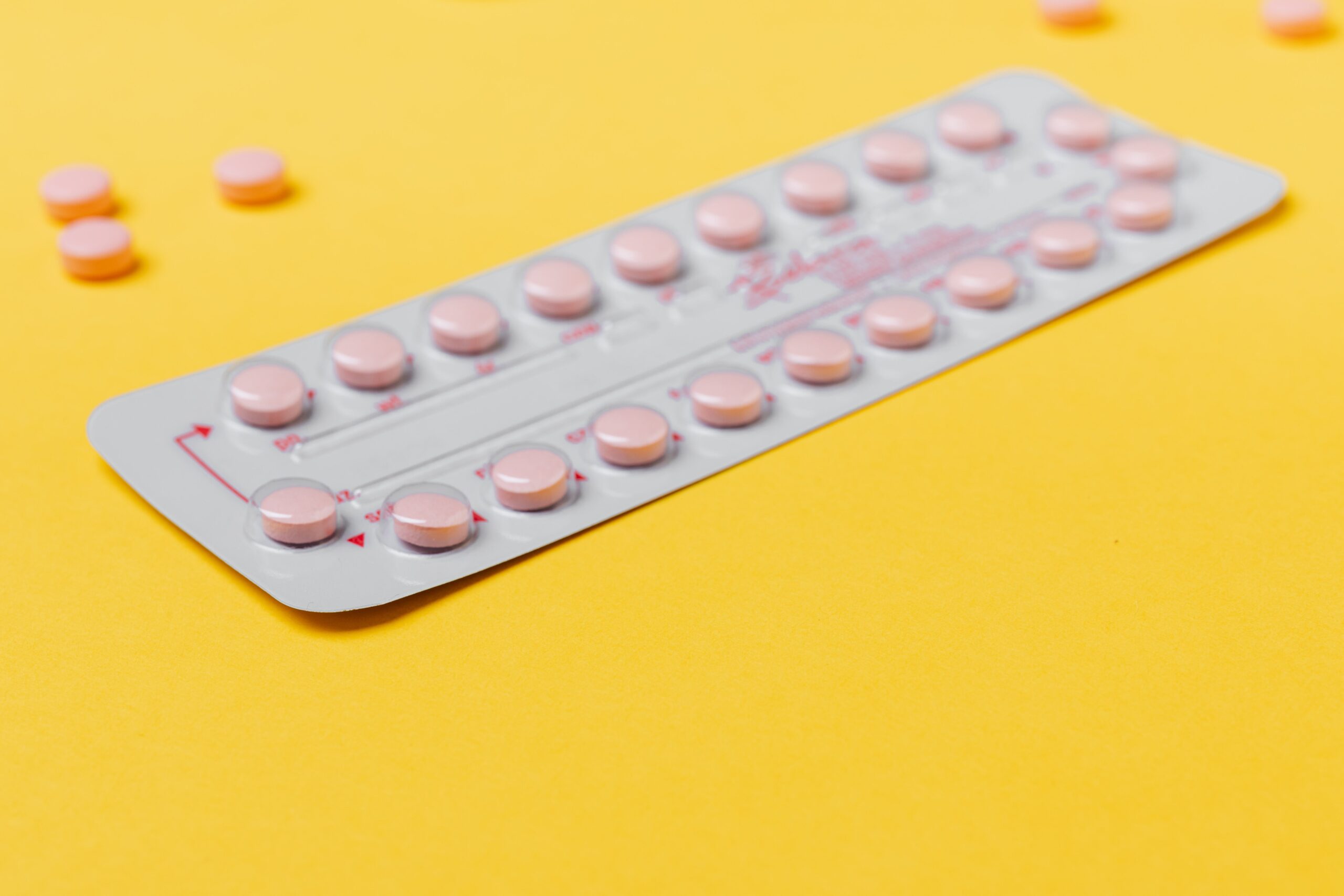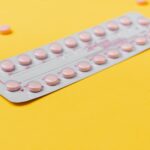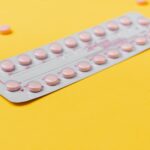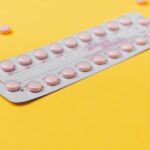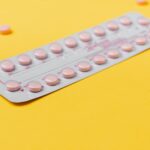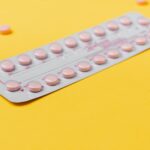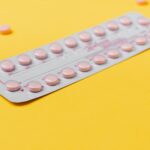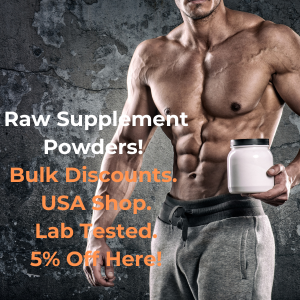The relationship between testosterone boosters and depression is a complex and multifaceted topic that requires careful consideration. While some studies suggest a potential link between testosterone levels and mood regulation, the impact of testosterone boosters on depression is not fully understood, and individual responses may vary.
Biological Basis:
Testosterone is a hormone that plays a crucial role in various bodily functions, including mood regulation. Some studies have indicated that low testosterone levels may be associated with symptoms of depression. However, it’s essential to recognize that the relationship between hormones and mental health is intricate, and other factors, such as neurotransmitters and lifestyle, also contribute to mood disorders.
- BCAA Supplements To Increase Energy
- Does BCAA Supplements Boost Testosterone
- Are BCAA Supplements Good For Runners
- BCAA Supplements And Depression Is There A Link
- BCAA And Keto What You Need To Know
Limited Scientific Evidence:
Scientific evidence regarding the direct impact of testosterone boosters on depression is limited. While some studies suggest that correcting low testosterone levels may have positive effects on mood, the evidence is not consistent across all research. Moreover, the use of testosterone boosters as a treatment for depression is not well-established, and more rigorous studies are needed to draw conclusive connections.
Individual Variability:
Responses to testosterone boosters and their potential impact on mood can vary widely among individuals. Factors such as age, overall health, and the presence of underlying medical conditions can influence how the body responds to changes in hormone levels. Some individuals may experience improvements in mood, while others may not notice significant changes or may even experience adverse effects.
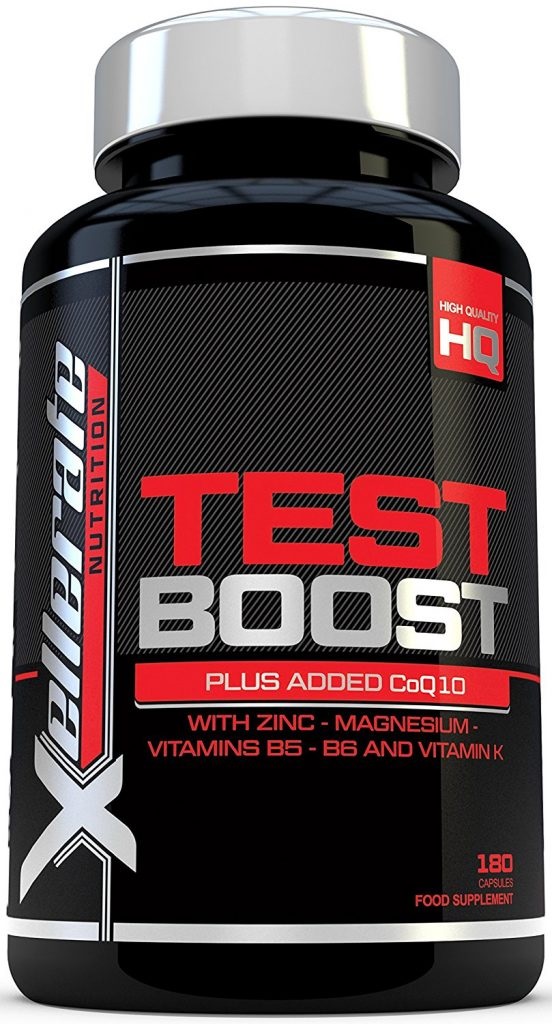
Buy Test Boosters Online
We Have Some Of The Best Test Boosters Out There!
Come have a look what types of Test Boosters we have? Shop the best Test Boosters! We have found the best deals! Or please feel free to read more about the many benefits of Test Boosters supplements on site.
Consideration of Risks:
It’s crucial to approach the use of testosterone boosters with caution, especially in the context of mental health. While correcting hormonal imbalances may be beneficial for some individuals, the potential risks and side effects of testosterone supplementation should be carefully considered. Additionally, self-prescribing testosterone boosters without medical supervision can lead to imbalances and unintended consequences. Shop raw supplements, bulk discount, lab tested 5% off here!
In summary, while there is some evidence suggesting a potential link between testosterone levels and mood, the specific impact of testosterone boosters on depression is not well-established. Individuals experiencing symptoms of depression should seek professional medical advice and explore evidence-based treatments for mental health conditions. The use of testosterone boosters should be approached with caution, and consultation with a healthcare professional is advisable to ensure that any hormonal interventions are done safely and with a comprehensive understanding of individual health needs.
